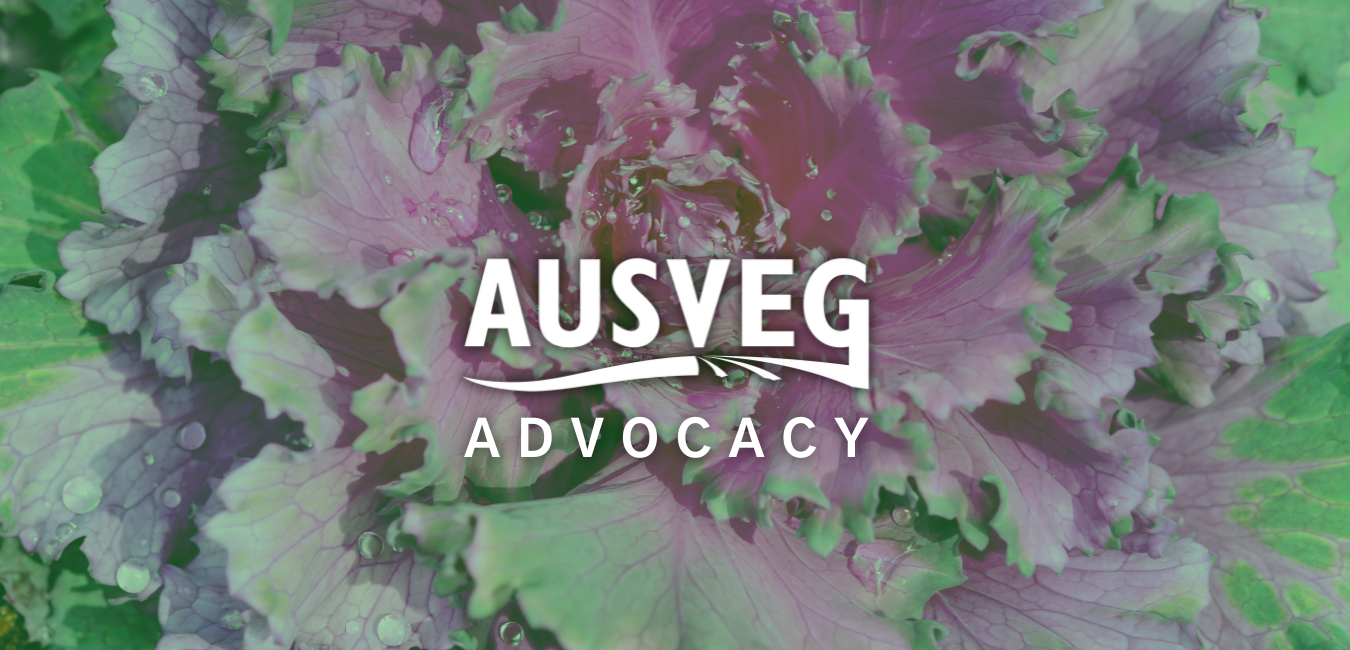AUSVEG Advocacy Update – Friday 14 January 2022
Changes in isolation requirements look to ease supply chain pressure
Current Issues
The current issues around COVID isolation requirements, and the resulting worker shortages through the supply chain, have been widely reported in the media.
What is clear is that we do not have a supply issue, but a distribution issue due to the lack of workers in the supply chain. Fresh produce is particularly vulnerable to disruptions in the supply chain given its perishable nature.
As case numbers climb so do the number of close contacts, pushing more people into isolation including those working along the food supply chain.
This has been devastating for growers, with cancelled orders leaving some with millions of dollars in products they have had to divert or destroy.
Growers are already struggling with worker shortages. Many growers have had to plough perfectly good produce into the ground due to limited staff numbers available to harvest crops.
Industry Consultation
On Tuesday 11 January AUSVEG was invited to take part in a roundtable with 20 priority industry groups across the agriculture, food and grocery supply chain sector. The roundtable was hosted by Acting Small Business Minister Anne Ruston and Australian Small Business and Family Enterprise Ombudsman Bruce Billson, with the government seeking to engage with the sector to provide feedback directly to the Prime Minister (via the Acting Minister) about challenges facing the industry and suggestions on how these can be addressed.
As part of this roundtable, AUSVEG CEO Michael Coote raised key issues that were affecting vegetable and potato growers, including:
- Growers are facing significant worker shortages due to COVID-related isolation requirements. AUSVEG highlighted the need for a nationally-consistent approach to COVID isolation requirements to ensure a steady supply of workers.
- Rapid antigen testing needs to be prioritised to vegetable producers and their businesses to ensure they are able to act quickly if any of their workers test positive for COVID to minimise business disruptions.
- Highlighted the urgent need to address labour concerns and supply chain disruptions considering the perishable nature of fresh produce and the significant impact of disruptions along the supply chain on the shelf life of fresh produce.
Senator Ruston then briefed the Prime Minister following this consultation.
National Cabinet
On Thursday 13 January National Cabinet announce that it had agreed to relax the isolation requirements for more industries involved in the supply of fresh produce, which will ease some of the current burden on the supply chain.
Read the National Cabinet press release here.
Read the Australian Health Protection Principal Committee’s interim guidelines for Permissions and Restrictions for Essential Workers here.
While the agreement from National Cabinet will address some of the immediate supply chain issues, more clarity is still needed around the state-based requirements towards testing of close contacts and the availability of rapid antigen tests for vegetable producers, which will enable them to operate efficiently to ensure fresh produce makes its way to consumers.
AUSVEG is calling for prioritised supply of rapid antigen tests for fresh producers and their workers, given the requirement for regular testing and the essential nature of their work in keeping Australians healthy and fed.
Logistical support will also be required to ensure rapid antigen test supply meets the increased demand from businesses in regional and remote communities, and a consistent, affordable cost base for them to ensure that those businesses can afford the tests they need to keep their workers safe
AUSVEG will continue to advocate on behalf of vegetable and potato growers at a national level on these compounding and is very important issues for growers.
Media coverage
This topic has received a high volume of media coverage. AUSVEG has been quoted broadly across print, broadcast and online media on this issue. A selection of media covering this issue is below.
- Coronavirus: Crisis talks tackle crippling staff shortages (theaustralian.com.au)
- Australia COVID Omicron outbreaks: Woolworths, Coles supermarket workers impacted by virus as farmers call for calm | 7NEWS
- No RATs means meat, fruit and vegetables will be in short supply (smh.com.au)
- Scott Morrison push to put food back in supermarkets (theaustralian.com.au)
- Australian food producers hit by Covid staff shortages welcome isolation rule changes | Australia news | The Guardian
- COVID Victoria: Farmers dump produce as supply chain crisis bites (theage.com.au)
- Details of essential workers being considered for COVID isolation exemptions amid staff shortages – ABC News
- Farmers destroy crops over staff shortages – news.com.au

